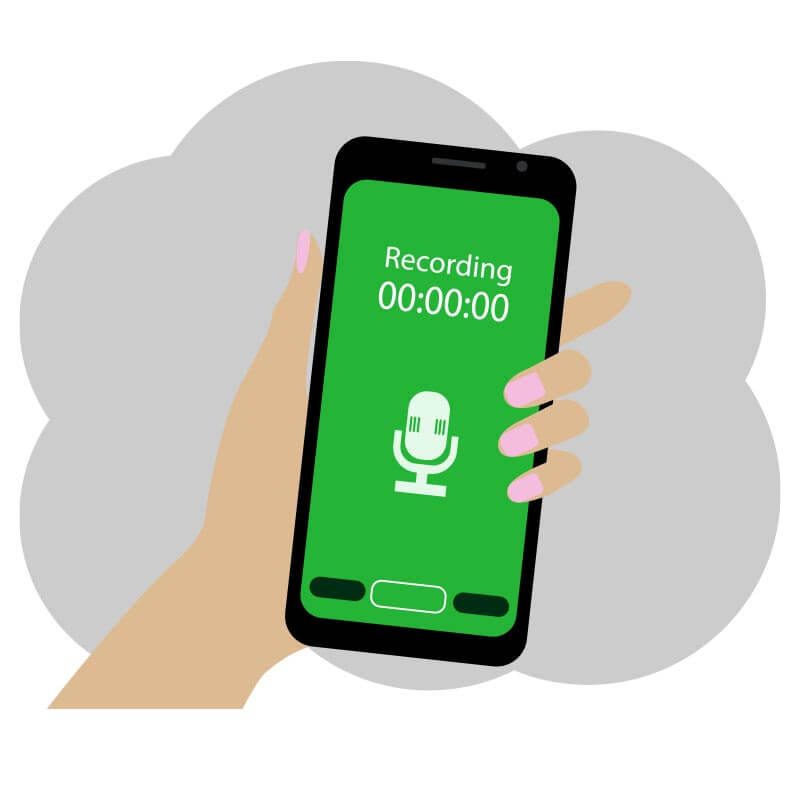Recording Telephone Calls
Litigation can get very stressful and sometimes you might be tempted to record a telephone conversation to try and help your case. It is so easy to record calls on your smartphone, and, how often do we call somebody and get an automated answer about recording our call “for training purposes”?
As a general rule: do not record your telephone conversations. In Western Australia the Surveillance Devices Act 1998 (WA) makes it a criminal offence for a person to use, install or maintain, or get somebody to install a listening device unless you can prove that you have everybody’s permission to record the call. If you can’t prove that either you have their permission then you could be facing a very serious fine.
In any event, even if you take the risk, if you give your lawyer a recording of a phone call that you have then they will be duty bound to disclose the recording to the other side.
The exception of course is where you have told the other person that you are recording the call and they have given you their express permission to being recorded. But it is your onus to prove that they gave you their permission. You will need very strong evidence that they gave you permission.
What Happens If I Secretly Record A Phone Call?
So what if you are recording telephone calls that you are having and don’t tell the other person? If you are charged with a criminal offence then Section 5 of the Act sets out a couple of Defences, mostly relating to law enforcement officers investigating potential crimes. But interestingly there is a Defence that you recorded the conversation to protect your “lawful interests”. What does that mean?
In the case of Dong v Song [2018] ACTSC 82 Dong and Song had bought a business together, but after some time Dong suspected that Song had been dishonest in his dealing with her. Dong became seriously worried that the dispute was going to land up in Court. At the time Dong had already sought legal advice and legal proceedings were imminent. She had real concerns about the honesty of Song and that he would misrepresent the terms of the deal which would result in serious risk to her case. To protect her legal rights she recorded a conversation that she had with Song by using a video camera that she had hidden in her bag. In the recording Song actually made a number of admissions as to his deal with her.
Dong tried to rely on the recordings as evidence in Court to prove her case.
Song objected saying that the recordings were made without his consent and objected to the use of the recordings as evidence.
What Happened At Court?
The Court found that in recording the conversation:
- She was not setting a trap for Song:
- She was not trying to induce Dong into some further conduct;
- She was not trying to get some kind of advantage over Song.
The Court found that:
- Dong had a real interest in preserving the evidence of her dealings with Song;
- She had real doubts about the honesty of Song;
- Legal proceedings were imminent;
Therefore the recording was “necessary” in the sense that it was “appropriate” on “objective reasonable grounds” to protect her legal interests.
The purpose of the recording was to simply protect her legal interests: she was worried that Song was going to misrepresent the actual deal that she had with him and there was a real legal dispute, and she was trying to protect her legal interests.
While in this case, Dong was able to use a secretly obtained recording of a conversation on the basis of protecting her legal interests, as a general rule you should be very careful before you record a conversation unless you are clear that you have the other person’s consent. If in doubt – don’t record anything. Get legal advice.










